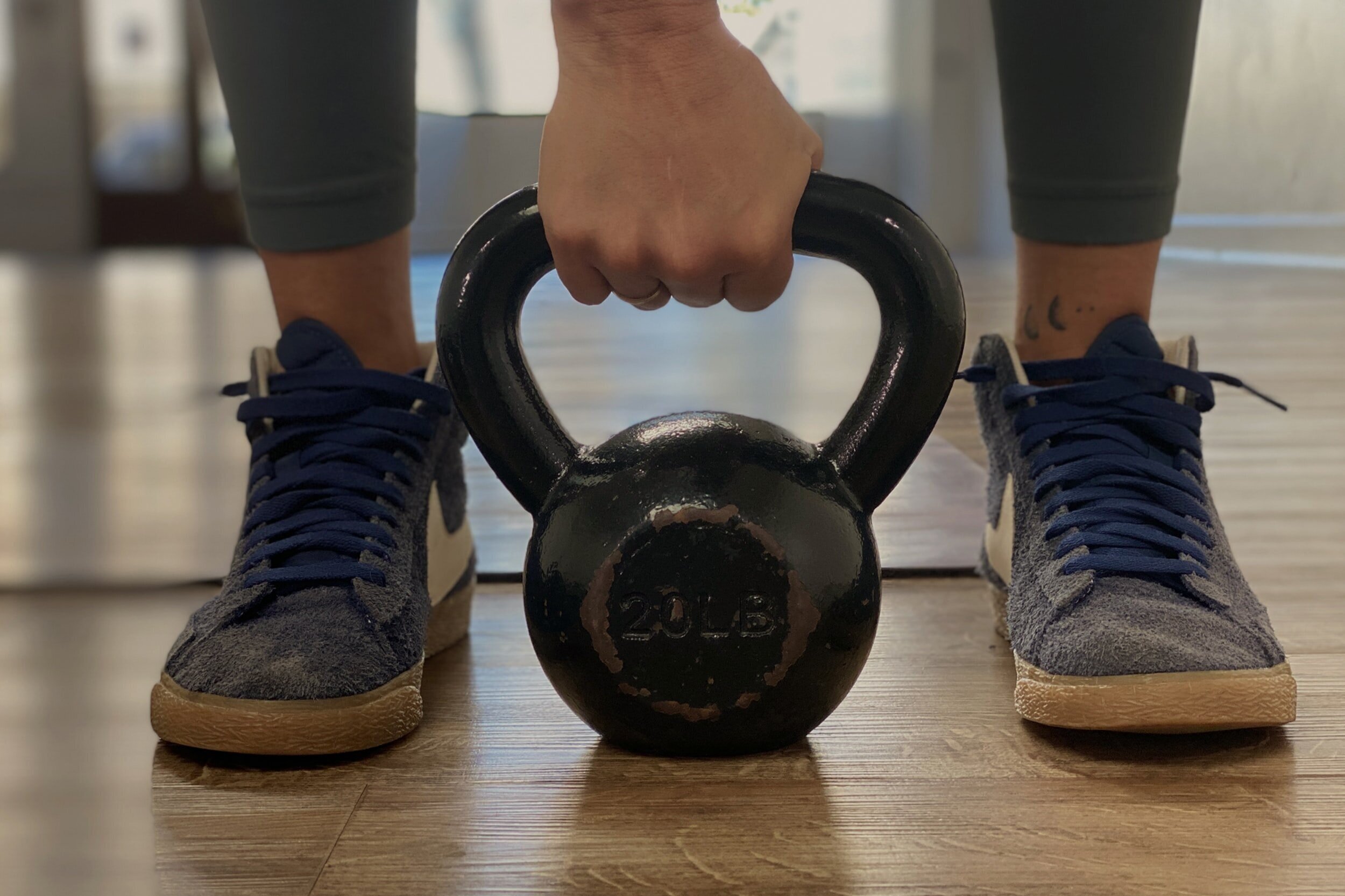How to Use Exercise to Help Reduce Depression
How to Use Exercise to Help Reduce Depression
We often use therapy and medication as effective remedies for fighting depression. However, studies are beginning to show that it may be possible to reduce the symptoms of depression at home with a change in your activity level.
It's true! Physical activity can have a profound impact on your ability to reduce certain symptoms. If you're feeling depressed, it might be time to incorporate exercise into your lifestyle.
Exercise comes in many different forms and you can find a regimen that fits you. Avoid overdoing it when it comes to exercise; just ease into some physical activity and see how you feel.
Try these effective strategies to reduce depression with exercise:
1. Experience the runner's high. Following a good workout, your body may experience what is known as a runner's high, which results from an endorphin surge in your body. The temporary mood lift that this endorphin surge provides can be beneficial in reducing depression on a short-term basis.
· When you're feeling tense, overwhelmed, or down in general, seek a temporary pick me up in the form of a workout. Go for a short walk, hop on a treadmill or elliptical, or ride your bicycle. Even yoga, Pilates, and strength training workouts may provide you with a boost of endorphins to pick up your mood.
· Working out for at least 30 minutes to combat symptoms of depression can also provide you with a boost in energy and concentration, which may reduce some of the negative feelings associated with depression.
2. Improve your overall well-being. Strength training is a great way to improve your health and well-being, which may reduce symptoms of depression. Lifting weights, for example, can build long, lean muscle, which improves metabolism and builds a stronger and healthier body.
· While strength training may not directly impact your depression symptoms, its ability to improve your health can have long-term effects on your overall well-being.
3. Exercise daily. Exercise at least 30 minutes each day, six days per week. According to the Journal of Preventive Medicine, several weeks after you establish this regular exercise routine, you may begin to feel relief of your depression symptoms on a much more consistent basis.
4. It may be possible to eventually replace medications with exercise. The Journal of Preventive Medicine recently featured a study of patients with depression who worked out for at least 3 hours per week. This study found that the remission of these patients' symptoms was comparable to cognitive behavioral therapies and medication treatments.
· While exercise may not be able to completely replace your need for other treatment options, it can benefit your mental well-being in many ways, making it an excellent addition to the therapies that you rely on for relief.
· If you are currently in treatment or taking medication, discuss any changes in therapy or medications with your doctor before you change them.
5. Develop a routine. Developing a regular routine for exercise can have numerous benefits. Not only will you be combating your depression with exercise itself, but also having a routine to look forward to can boost your spirits and may ward off the overwhelming feelings of depression.
The Bottom Line
Depression can negatively impact your life in many ways. Experiment with different therapy and treatment options to get the help you need. Exercise is a great way to assist in reducing the symptoms associated with depression: helping to clear your mind and improve your energy, while also giving you a general sense of well-being.
If you do not already have a regular exercise regimen and you are suffering from depression, then this is a treatment option that is well worth considering. It may work well in conjunction with current treatment options. Please consult with your physician to learn more.

